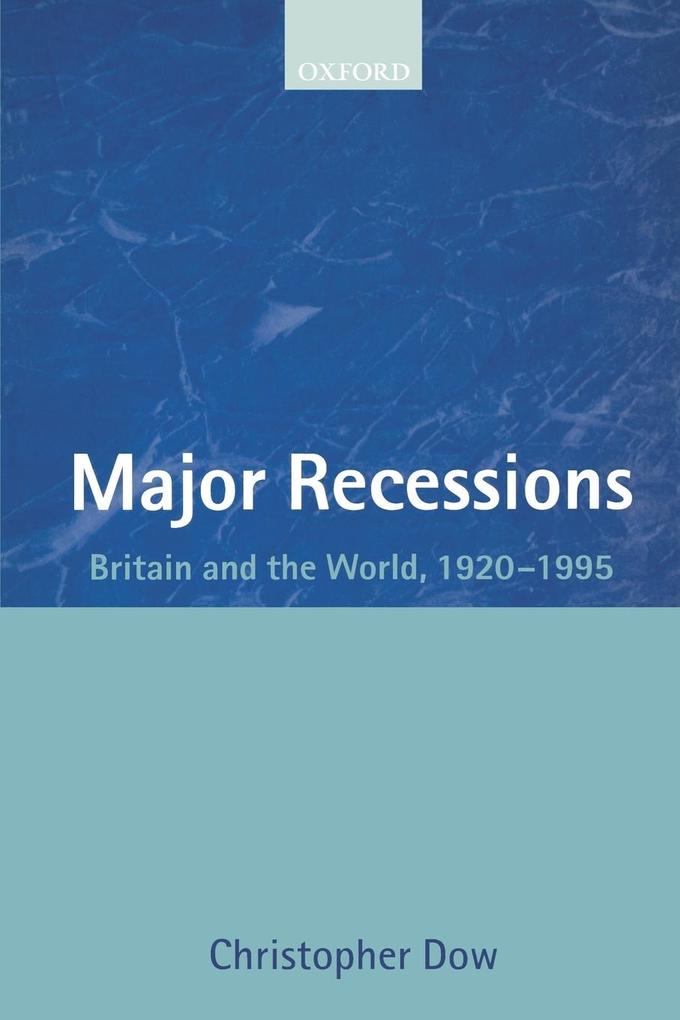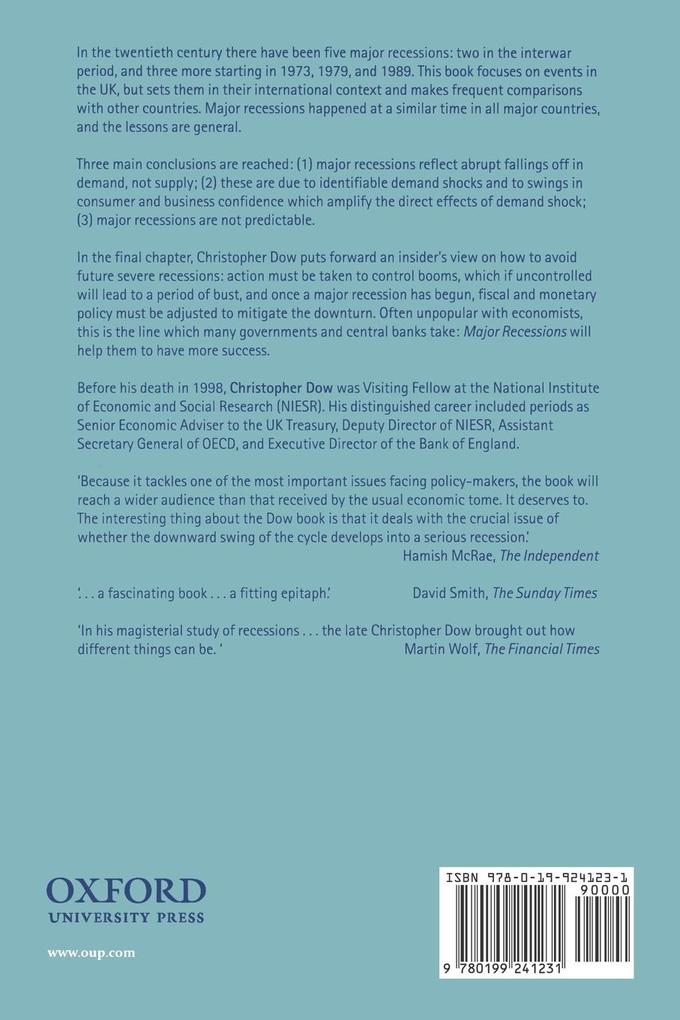Bücher versandkostenfrei*100 Tage RückgaberechtAbholung in über 100 Filialen
eBook Favoriten
Top Kategorien
Abonnements
Beliebte Reihen
Schulbücher
Abo jetzt neu
Preishits auf CD
Download Preishits
Spielwaren nach Alter
Geschenke Favoriten
Papier & Blöcke
Schreibtischzubehör













